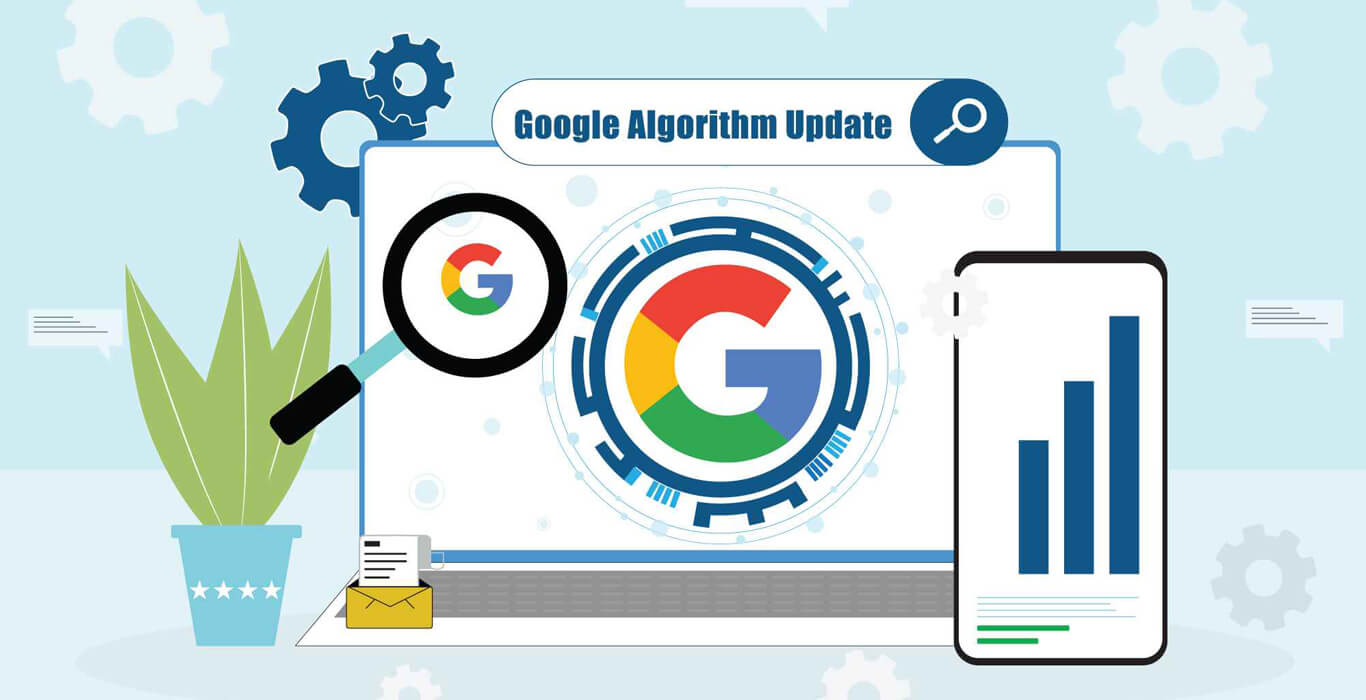In August 2023, Google rolled out a significant algorithm update that left many SEO professionals and website owners grappling with ranking fluctuations. Understanding this update is crucial for anyone looking to navigate the ever-changing SEO landscape effectively. In this blog, we’ll delve into the specifics of the August 2023 update, how it has impacted rankings and practical strategies for recovery.
What Happened in the August 2023 Update?
On August 22, 2023, Google announced a core algorithm update aimed at improving the relevance and quality of search results. While Google did not disclose specific details about the factors involved, it emphasized its ongoing commitment to enhancing user experience through quality content.
Key Changes Observed
- Increased Focus on Content Quality: Many websites have reported fluctuations in rankings, particularly those with lower-quality content. This aligns with Google’s ongoing initiative to prioritize authoritative and trustworthy information.
- User Intent Refinement: The update appears to have refined how Google interprets user queries, meaning that websites providing highly relevant answers to specific questions have seen improvements, while those with generic content may have suffered.
- Shifts in Niche Performance: Certain niches, such as health, finance, and travel, have experienced more drastic changes. Websites that failed to establish authority or provide credible sources in these areas saw declines.
Data Insights
- Search Metrics: According to data from Moz, many sites experienced a fluctuation of 20-30% in organic traffic during the weeks following the update, with some niches witnessing declines as steep as 50%.
- Client Reports: Agencies have reported that over 60% of their clients experienced significant ranking changes within a week of the update.
Why Are Rankings Fluctuating?
The August 2023 update has caused ranking fluctuations due to:
- Quality Signals: Websites that do not adhere to quality content guidelines or fail to establish E-A-T (Expertise, Authoritativeness, Trustworthiness) may see drops in visibility.
- Backlink Quality: Changes in how Google evaluates backlink profiles could lead to shifts in rankings, favoring sites with high-quality, relevant backlinks.
- Content Relevance: Sites that do not effectively address user intent or provide relevant, updated information are at risk of being penalized.
Strategies to Recover Rankings
If you’ve noticed fluctuations in your rankings post-update, consider the following strategies:
- Conduct a Content Audit:
- Enhance E-A-T:
- Improve author bios and credentials on your site to establish expertise.
- Include citations and links to reputable sources within your content.
- Focus on User Intent:
- Ensure that your content answers specific user queries effectively. Use keyword research tools to identify relevant questions and topics.
- Consider creating long-form content that comprehensively covers a subject, providing real value to your audience.
- Optimize for Core Web Vitals:
- Check your site’s performance using Google PageSpeed Insights. Optimize loading speeds and mobile usability.
- Build High-Quality Backlinks:
- Engage in outreach to acquire backlinks from authoritative sources in your niche. Consider guest blogging and content partnerships.
- Monitor Your Performance:
- Regularly track your rankings and organic traffic using Google Analytics and Google Search Console.
Conclusion
The August 2023 Google algorithm update has undoubtedly impacted many websites, leading to significant ranking fluctuations. By understanding the nature of these changes and implementing effective recovery strategies, SEO professionals can stabilize their rankings and continue to thrive in the competitive digital landscape. Staying informed and prioritizing high-quality, relevant content will be key to navigating future updates successfully.
For ongoing updates and insights into SEO best practices, consider following resources like Search Engine Journal and Moz, where you can find detailed analyses and expert opinions.


Leave a Reply